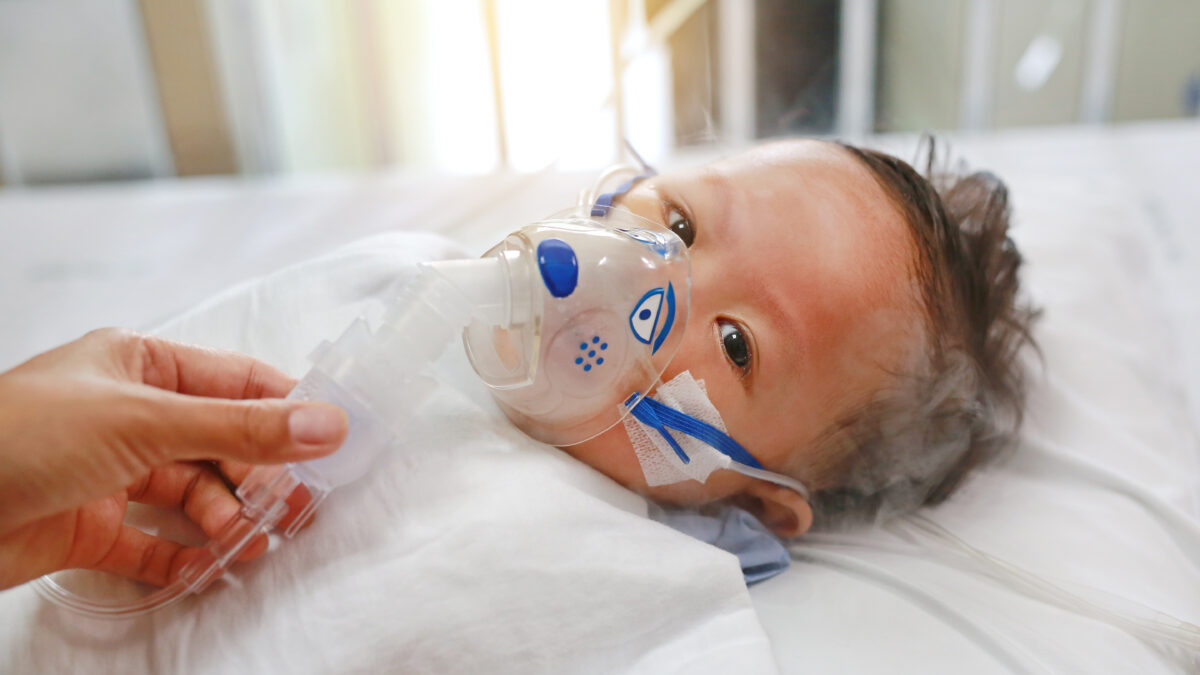This year’s Clinical Trials Awareness Week falls squarely in the midst of the COVID-19 pandemic. The week’s theme, “Clinical Trials During a National Public Health Emergency,” explores how the coronavirus demands and, in some cases, also disrupts clinical research. It also prompts an important underlying question: Once the pandemic subsides, will the public retain a greater awareness and appreciation of clinical trials?
Clinical Trials & the Coronavirus
More than 100 potential novel coronavirus vaccines are being developed by research teams around the globe. In the United States, pharmaceutical companies, university researchers and government agencies are working together to find a vaccine. Meanwhile, the FDA recently approved existing drug remdesivir for emergency use in treating people infected with COVID-19.
But finding effective COVID-19 treatments takes time. Anthony Fauci, MD, director of the National Institute of Allergy and Infectious Disease, has stated that it will take at least a year or more to provide a workable vaccine.
While this effort moves forward, clinical trials investigating potential medications for non-coronavirus related diseases are being pushed to the back burner. Reporting from NPR indicates that 440 clinical trials, involving as many as 200,000 people, have been suspended because of the coronavirus outbreak. One-quarter of the trials put on hold were exploring cancer treatments, with research on strokes, dementia, and other serious conditions stalled as well.
Clinical trials during the pandemic pose a number of challenges. Researchers and sponsors must decide if enough staff are available, and if visiting health care facilities is worth the risk of virus exposure for trial participants. Meanwhile, data obtained from trials will take longer to develop, with radiology suites and other offices closed.
Clinical Trials Awareness After COVID-19
But the COVID-19 pandemic could also have positive long-term implications for clinical trials.
In years past, people often have had little awareness of clinical trials until they or a family member needed to join one. The lack of knowledge makes clinical trials difficult to enroll and conduct, even under normal circumstances. Over one-third of trial sites fail to meet their enrollment goals, with more than one site in 10 unable to enroll even a single patient.
By elevating public awareness of clinical trials, the COVID-19 pandemic could alter that trend.
If the coronavirus outbreak offers any silver lining, perhaps it’s that the country’s experience could stimulate public interest and participation in future trials, ushering in a period of robust research that yields meaningful treatments for patients, families and communities.
Finding a novel coronavirus vaccine will save lives. But it could also mark the beginning of a greater public awareness of the importance of clinical trials.
Clinical Trials Awareness Week is a project of the Coalition for Clinical Trials Awareness. In the interest of social distancing and disease prevention, this year’s awareness week will take place through digital events and publications. Learn more at CCTAwareness.org.




